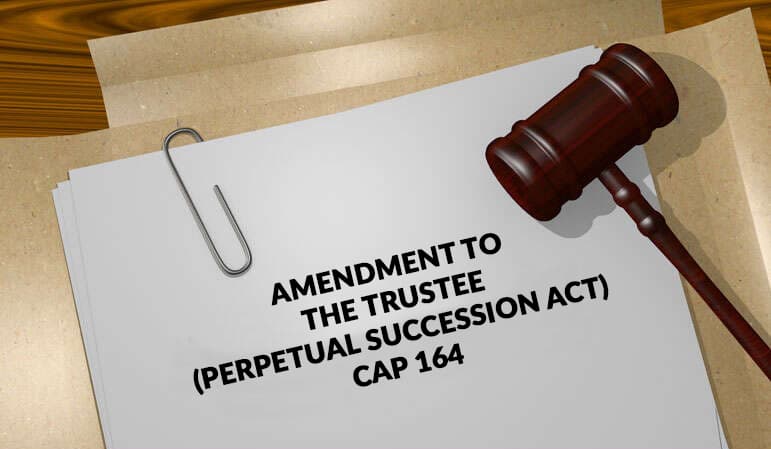The Tax Appeals Tribunal (the ‘Tribunal’) in Tax Appeal No. 65 of 2023 involving M-KOPA LLC [C/o M-KOPA KENYA LTD] (the ‘Company’), has upheld the principle that a foreign company can be considered a tax resident under Kenyan income tax laws if the Kenya Revenue Authority (KRA) proves that management and control of the Company’s affairs occurred within Kenya during the relevant taxing period.
In the above case, the Company appealed against the Commissioner of Domestic Taxes’ assessment of Kes. 368,507,926.00 concerning various tax heads for the year 2017. The main issues for determination were:
- Whether the Company was a tax resident in Kenya as of 2017; and
- Whether the Commissioner was justified in its decision dated 6th December 2022 on corporation tax, withholding tax and PAYE concerning the Company.
As the Company is the holding company with its subsidiary M-KOPA Kenya Ltd providing digital financial services in Kenya, the Company argued that it was a non-resident company as it was headquartered in the UK and its board meetings were mostly held outside Kenya.
On the first issue, the Commissioner contended that the Company was a tax resident, basing its arguments on the Company’s declarations to the Securities and Exchange Commission and the location of executive directors. The Tribunal considered the composition of the board and decision-making location of the Company and determined that its place of effective management was outside Kenya.
Over the second issue concerning the applicable tax heads, the Tribunal:
- Ruled that grant income did not fall under the list of taxable incomes hence not taxable under the Income Tax Act (ITA);
- Found that, on withholding taxes (WHT) over redeemable preference shares, Section 35(6) of the Income Tax Act Cap 470 Laws of Kenya (ITA) which allowed for collection of withholding tax (WHT) from non-withholding parties had been repealed and hence did not apply for the 2017 period.
- Similarly ruled in favour of the Company regarding WHT on interests from non-resident third party investor loans as the Commissioner could not demand WHT directly from the Company for interest on loans under the repealed section.
- Held that the calculation of taxable benefits from employee stock options (ESOPs) by the Commissioner was flawed as it did not follow the formula prescribed by the ITA.
Consequently, the Tribunal set aside the Commissioner’s objection decision and allowed the Company’s appeal. The Tribunal effectively drew its conclusions from the Organization for Economic Co-operation and Development (OECD)’s best practices on the concept of place of effective management emphasizing that the board must not simply rubber-stamp decisions made elsewhere for the concept to be established.
Its is also crucial to note from the foregoing that a company’s place of effective management is determined by the location of its board meetings provided that the directors are actively involved in decision-making and are adequately qualified.
For assistance on your tax obligations, disputes and general tax advisory reach out to Netsheria International LLP or call us on 0741296087 and we will guide you in making informed tax decisions, minimizing your tax liabilities and effecting proper transaction structuring to ensure compliance with your tax obligations.






